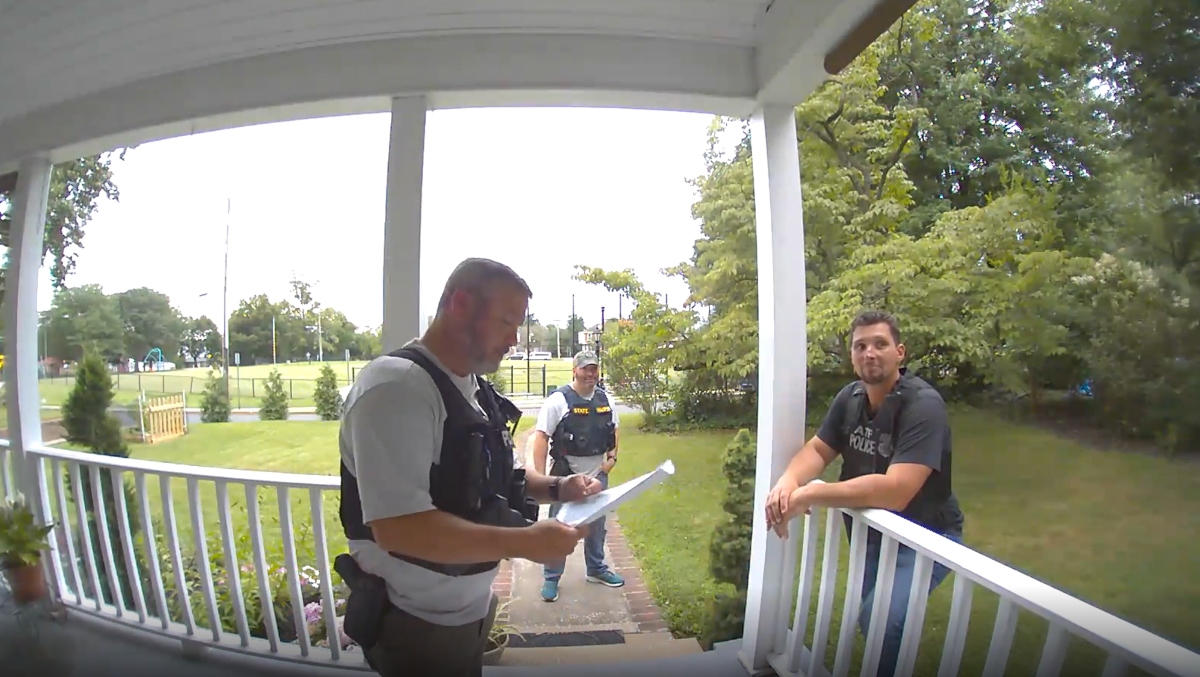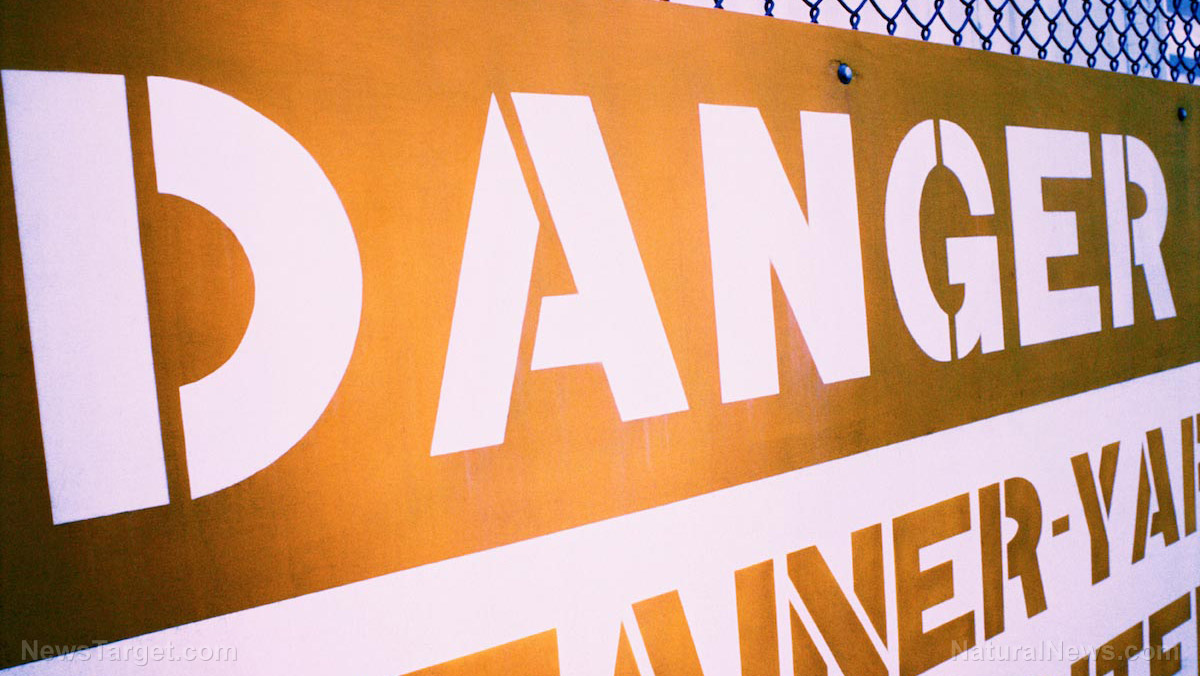Orwellian crackdown: Germany targets citizens for HATE SPEECH in dawn raids
06/30/2025 / By Ramon Tomey

- German police conducted coordinated early morning raids on 170 individuals accused of posting politically incorrect or critical content online, seizing devices and interrogating suspects under expanded hate speech laws.
- Germany’s revised penal code (Paragraph 188) now punish insults against public officials with up to three years in prison. Targets included a pensioner previously raided for calling a minister an “idiot” and others for retweets or vulgar remarks.
- Officials framed the operation as combating extremism, with leaders like BKA President Holger Munch warning, “Anyone who posts hate messages should expect the police at their front door.” Critics argue it diverts resources from rising violent crime.
- Left-leaning reporting centers fuel the system, with hate speech cases quadrupling since 2021. Proposed “snitching hubs” (backed by the Greens) mirror Stasi-era tactics, encouraging citizens to report offensive speech.
- While courts occasionally push back (e.g., overturning a ban on Compact magazine), Germany’s war on “hate speech” increasingly suppresses criticism of elites, risking a return to oppressive surveillance reminiscent of East Germany.
Law enforcement officers conducted early morning raids on 170 individuals accused of posting supposed “hate speech” online, with the operation mirroring Orwellian crackdowns in East Germany.
The coordinated raids Wednesday, June 25, saw electronic devices being seized and suspects being interrogated over politically incorrect posts on social media – many critical of politicians. Germany’s Federal Criminal Police Office (BKA) led the raid under recently expanded “hate speech” laws. Paragraph 188 of Germany’s criminal code, which was revised in 2021, criminalized insults against public officials with up to three years behind bars.
Among those targeted in the raids was a pensioner whose home was also raided last year for calling Vice Chancellor Economy Minister Robert Habeck an “idiot.” While the original case was later dropped, prosecutors pursued unrelated charges tied to several retweets. (Related: Germany’s war on free speech: Dawn raids and heavy fines for online “insults”.)
Authorities framed the operation as a necessary defense against extremism. “Digital arsonists must not be able to hide behind their cell phones or computers,” said Herbert Reul, interior minister of Germany’s North Rhine-Westphalia state. BKA President Holger Munch echoed this sentiment, warning that “anyone who posts hate messages should expect the police at their front door.”
Yet as violent crime partly driven by mass immigration surges, resources are increasingly diverted to policing speech. Thus, critics warn of a deepening Orwellian surveillance state where dissent is criminalized and the digital “thought police” wield unchecked power.
Silencing dissent under the guise of protection
The raids, which ostensibly target “hate,” often punish mere vulgarity or irreverence. Yet under the current laws, “hate speech” increasingly encompasses criticism of those in power, from politicians to journalists. What began as a push to protect minorities now shields elites from scrutiny, with dissenters painted as extremists.This crackdown extends beyond isolated enforcement. Left-leaning reporting centers funnel allegations to federal police, with cases quadrupling since 2021 to 10,732 last year.
Activists compare the tactics to East Germany’s Stasi, which relied on neighborly denunciations to stifle dissent. The parallels grow sharper as Germany’s Green Party propose new snitching hubs for citizens to report “offensive” remarks.
Meanwhile, a federal court struck down a ban on Compact magazine. The bench ruled that its migration critiques, though “exaggerated,” were constitutionally protected. The decision delivered a rare rebuke to authorities who had raided the outlet’s offices, underscoring the tension between free expression and state overreach.
More than three decades after the Stasi’s collapse, Germany’s war on words risks reviving the very oppression it swore to leave behind. The knock at the door may come not for crimes committed, but for thoughts expressed – a reality more alarming than any meme.
Head over to PoliceState.news for more similar stories.
Watch this video about police in Germany raiding people’s homes for insulting politicians.
This video is from the What is happening channel on Brighteon.com.
More related stories:
Sources include:
Submit a correction >>
Tagged Under:
banned, big government, Censorship, East Germany, fascism, Federal Criminal Police Office, First Amendment, Germany, Hate speech, law enforcement, Orwellian, police state, raids, speech police, Stasi, thought police, totalitarianism, tyranny
This article may contain statements that reflect the opinion of the author
RECENT NEWS & ARTICLES
COPYRIGHT © 2018 ENSLAVED.NEWS
All content posted on this site is protected under Free Speech. Enslaved.news is not responsible for content written by contributing authors. The information on this site is provided for educational and entertainment purposes only. It is not intended as a substitute for professional advice of any kind. Enslaved.news assumes no responsibility for the use or misuse of this material. All trademarks, registered trademarks and service marks mentioned on this site are the property of their respective owners.




















